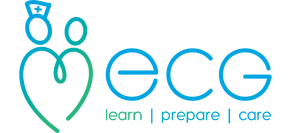NEW Clinical Assessment and History Taking Course (Ideal to support the new NHS Community Pharmacist Consultation Service (CPCS)
Introduction to the new service.
A new NHS Community Pharmacist Consultation Service (CPCS) will be launching in October 2019 as an Advanced Service. The service will connect patients who have a minor illness with a community pharmacy as their first port of call.
The CPCS will take referrals to community pharmacy from NHS 111 initially, with a rise in scale with referrals from other parts of the NHS to follow. The CPCS will relieve pressure on the wider NHS by connecting patients with community pharmacy, which should be their first port of call and can deliver a swift, convenient and effective service to meet their needs.
The CPCS provides the opportunity for community pharmacy to play a bigger role than ever this winter as an integral part of the NHS urgent care system. This will continue to be supported by the NHS Help Us Help You Pharmacy Advice campaign. (PSNC website).
In the world of health care, being able to undertake effective observations is vital to any diagnosis or information you give to a patient.
Understanding the normal parameters and what is then classed as abnormal or a red flag will assist in any decisions or referrals that need to be made.
Observations such as: pulse rate, respiratory rate, oxygen saturation’s and blood pressure are some of the basics that all should be familiar with. This is the foundation for any further questions and assessment.
• An adult pulse should typically sit between 60 – 100bpm (beats per minute)
• Respiratory rate between 12-20bpm (breaths per minute)
• Oxygen saturation’s between 95-100%
• blood pressure around 120/80 mmHg

Failure to perform these observations correctly could result in incorrect readings altering diagnosis, treatment and any referral. It is important you leave enough time in your appointment to carry out these observations thoroughly allowing time to repeat if necessary.
Other clinical assessments which you will need to be familiar with include:
• Ear examinations
• Throat examinations
• Chest examinations
A general understanding of what you are looking for with these examinations is critical. These may highlight underlying issues, infection, or potentially rule out possible conditions.
If you are unsure do not be afraid to repeat the test or ask for a second opinion it is better to be safe than sorry.

Being able to reassure the patient that you are confident in what you are assessing and how to move forward, whether it’s a cough or cold, UTI, or a chest infection dictates the next stage of care for them. Getting this incorrect can cause serious illness down the line. In some cases, hospitalisation.
Our course will cover these aspects to ensure you are competent in providing this service to any potential patients. We will also cover history taking, the NEWS score, peak flow, levels of consciousness, urinalysis and temperature. This gives you an all-round set of clinical assessment skills to be able to offer additional services whether they are planned or walk-ins.
For more information on this 1 day course, check out the new Clinical Assessment Skills for Community Pharmacists CPCS course page at: click here
Written by James Briggs (ECG Trainer), Thursday 29th August 2019
Follow me at: https://twitter.com/ECG_MK

